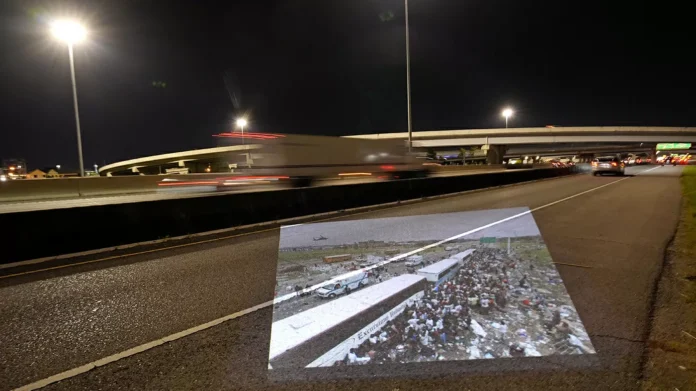Twenty years after Hurricane Katrina ravaged the city of New Orleans, many are still haunted by the memories of the devastating storm. It claimed the lives of 1,392 people and caused billions of dollars in damage. The aftermath of this tragedy also brought to light serious questions about the nation’s ability to handle natural disasters. In response, significant changes were made to emergency management policies to better prepare for future disasters. However, current and former employees at the Federal Emergency Management Agency (FEMA) are now speaking out, saying that the Trump administration is moving backward in terms of emergency management policy.
In the wake of Hurricane Katrina, the nation was forced to take a hard look at its emergency response policies. The failure to adequately respond to the storm revealed significant flaws in the system and the need for sweeping changes. In the years that followed, FEMA was given more resources and authority to better prepare for and respond to disasters. This included the creation of the National Response Framework, which outlines a coordinated approach to emergency response and recovery efforts.
However, as we approach the 20th anniversary of Hurricane Katrina, those who work or have worked at FEMA are expressing concern that the progress made in emergency management is now being undone. They point to a lack of leadership and a rollback of policies that were put in place to prevent another disaster of the same scale.
One of the major concerns is the administration’s proposed budget cuts to FEMA and other disaster relief agencies. These budget cuts would severely limit the agency’s ability to respond to emergencies and provide much-needed resources to affected communities. In addition, the administration has proposed merging FEMA with the Department of Homeland Security, a move that experts fear would hinder the agency’s ability to act independently and effectively.
The Trump administration has also rolled back regulations that were put in place to protect communities from the impacts of climate change. This includes removing flood-risk standards for federally funded infrastructure and withdrawing from the Paris climate agreement. With the increasing frequency and severity of natural disasters, these actions are seen as a step in the wrong direction.
Furthermore, the administration’s handling of the COVID-19 pandemic has raised even more concerns about the nation’s emergency management capabilities. The delayed response and lack of coordination between federal and state agencies have resulted in the loss of thousands of lives and a strain on the healthcare system. This has highlighted the importance of having a well-prepared and coordinated emergency response system in place.
The current and former employees at FEMA are not alone in their worries about the nation’s emergency management policies. Many experts and community leaders have also expressed their concerns and are calling for action to be taken to address these issues. They argue that with the increasing frequency and severity of natural disasters, it is more important than ever to have strong and effective emergency management policies in place.
As we remember the devastation caused by Hurricane Katrina 20 years ago, it is crucial that we also reflect on the progress that has been made in emergency management since then. However, it is equally important to acknowledge and address the concerns raised by those who work tirelessly to ensure the safety and well-being of our communities during times of crisis. We cannot afford to move backward in terms of emergency management policy. Instead, we must continue to work together to strengthen and improve our nation’s ability to respond to natural disasters and other emergencies.

